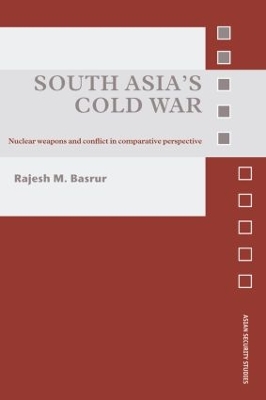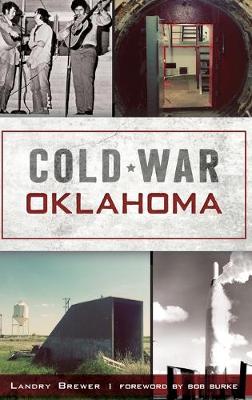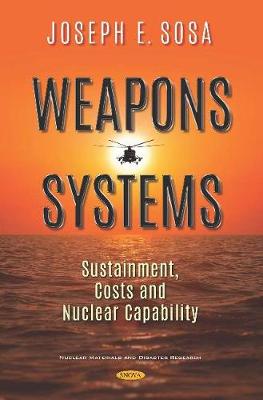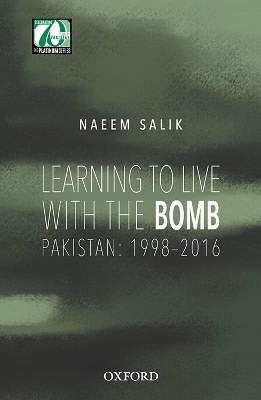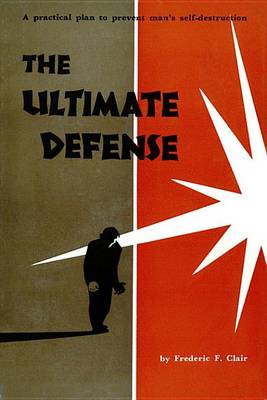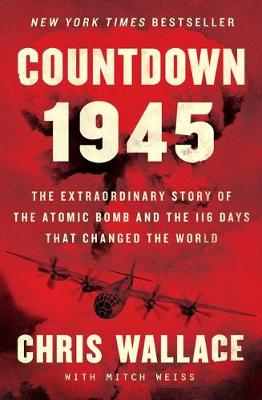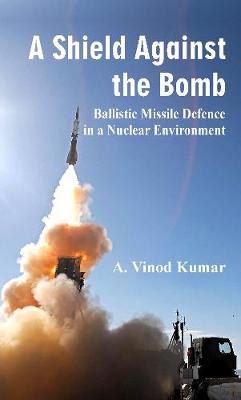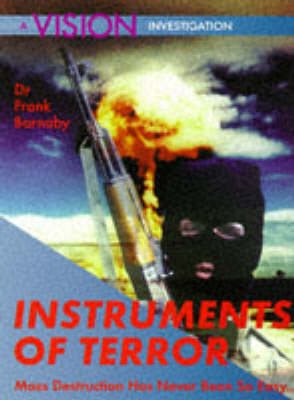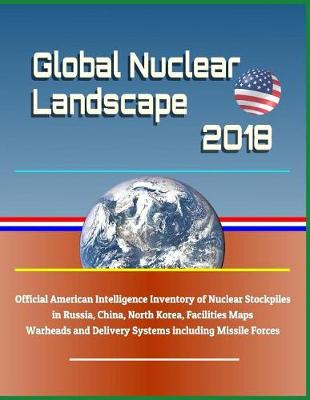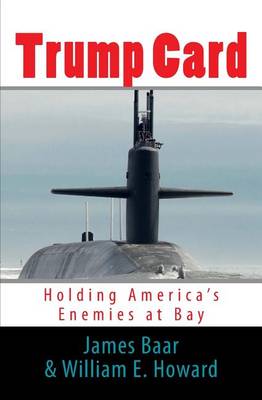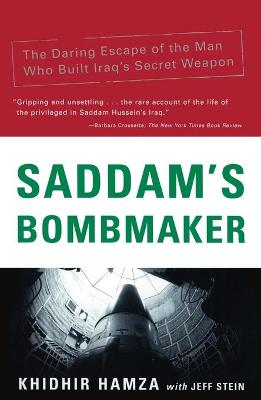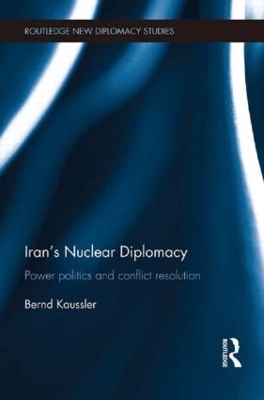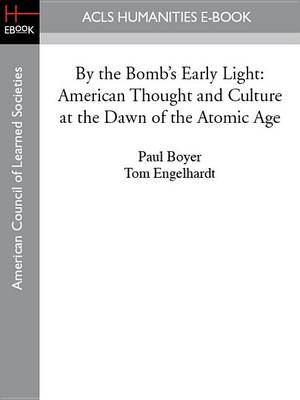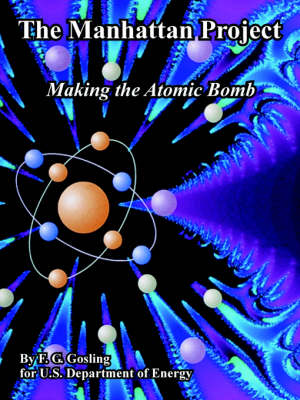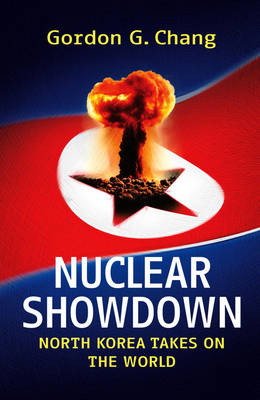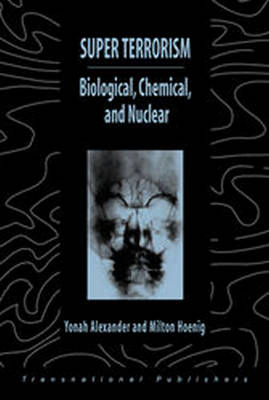Nuclear Weapons and Conflict Transformation (Asian Security Studies)
by Saira Khan
This new volume explores what the acquisition of nuclear weapons means for the life of a protracted conflict.The book argues that the significance of the possession of nuclear weapons in conflict resolution has been previously overlooked. Saira Khan argues that the acquisition of nuclear weapons by states keeps conflicts alive indefinitely, as
This book is a ground-breaking analysis of the India-Pakistan nuclear confrontation as a form of ‘cold war’ – that is, a hostile relationship between nuclear rivals. Drawing on nuclear rivalries between similar pairs (United States-Soviet Union, United States-China, Soviet Union-China, and United States-North Korea), the work examines the rise, process and potential end of the cold war between India and Pakistan. It identifies the three factors driving the India-Pakistan rivalry: ideational fa...
DOD spends billions of dollars annually to sustain its weapon systems to support current and future operations. The Air Force and Navy are operating many of their fixed-wing aircraft well beyond their original designed service lives and therefore are confronted with sustainment challenges. Chapter 1 examines the trends in availability and O&S costs for selected Air Force and Navy fixed-wing aircraft since fiscal year 2011, including whether they met availability goals, and assesses the extent th...
This book is a history of the evolution of Pakistan's nuclear weapons management system, including its nuclear doctrine and the measures in place to secure and safeguard them. This work highlights the elements that went into the formulation of Pakistan's nuclear policy. The book's great significance lies in the fact that it tackles the little known subject of nuclear learning most comprehensively in all its dimensions. With great clarity and balance, the author clearly highlights the discernib...
The author of "The Making of the Atomic Bomb" lays bare the secret heart of the Cold War. Richard Rhodes' landmark history of the atomic bomb won the Pulitzer Prize, the National Book Award and the National Book Award and the National Book Critics Circle Award. Now, in this majestic new masterpiece of history, science, and politics, he tells for the first time the secret story of how and why the hydrogen bomb was made, and traces the path by which this supreme artifact of twentieth-century techn...
For every major military invention in human history, there has quite always been a countervailing technology. Nuclear weapons have, however, remained an exception. Ballistic missile defence (BMD) has, in recent years, emerged as a formidable means to defend against nuclear-armed delivery systems though yet to prove their total reliability. What does the advent of BMD mean for the nuclear revolution - will it make nuclear weapons obsolete or in turn lead to a new arms race among great powers? Thi...
Global Nuclear Landscape 2018 - Official American Intelligence Inventory of Nuclear Stockpiles in Russia, China, North Korea, Facilities Maps, Warheads and Delivery Systems Including Missile Forces
by U S Military, Department of Defense (Dod), and Defense Intelligence Agency (Dia)
Cold War Analytical Structures and the Post Post-War World
by Cori Elizabeth Dauber
Diary of a Japanese doctor and his eyewitness accounts of life in Hiroshima during and after the bombing.
Is Iraq only months away from developing a nuclear bomb? In 1994, after twenty years in Iraq's nuclear energy and weapons programme, Dr. Khidhir Hamza made a daring escape to warn the CIA of Saddam's nuclear progress... only to be turned away! Now Dr Hamza reveals in full the shocking story that Western officials have finally come to believe. Among the book's revelations: Iraq already has biological weapons and is capable of completing a nuclear weapon within months if international sanctions ar...
A political and scientific expose written by the defector once responsible for Iraq's clandestine weapons programme. He claims that Iraq already has biological weapons and is capable of completing a nuclear weapon within months if international sanctions are lifted. In 1994, after 20 years in Iraq's energy and weapons programme, Hamza escaped to warn the CIA of Saddam's nuclear progress - only to be turned away at first. Western corporations and governments facilitated Iraq's nuclear programme b...
Iran's Nuclear Diplomacy (Routledge New Diplomacy Studies)
by Bernd Kaussler
This book examines the dynamics of relations and the substance of the negotiations between the international community and Iran over the latter's nuclear programme. Iran's nuclear programme and the alleged threat to international peace and security remains one of the most important issues in the United States, as well as in European foreign affairs. In the US, Iran has dominated the political discourse for over three decades and Europe has spent considerable political capital in finding a diplo...
Originally published in 1985, By the Bomb's Early Light is the first book to explore the cultural 'fallout' in America during the early years of the atomic age. Paul Boyer argues that the major aspects of the long-running debates about nuclear armament and disarmament developed and took shape soon after the bombing of Hiroshima. The book is based on a wide range of sources, including cartoons, opinion polls, radio programs, movies, literature, song lyrics, slang, and interviews with leading opin...
The Manhattan Project (National Security History)
by F G Gosling, Department O U S Department of Energy, and Francis G Gosling
Asia expert Gordon Chang follows up his controversial success, "The Coming Collapse of China", with the first book to discuss the full extent of the North Korean nuclear threat, its origins, international implications, and solutions. The United States is the mightiest nation in history, yet for six decades one of the world's weakest states has challenged the superpower and kept it at bay. Today, that country also threatens to change the course of human events with an act of unimaginable devastat...
Super Terrorism: Biological, Chemical, and Nuclear
by Yonah Alexander and Milton Hoenig
This timely book contains excerpts from authoritative testimony, speeches and reports of political leaders, members of Congress, and leading experts who lay out a roadmap for understanding the nation's growing concern and response to the threat of super terrorism. It highlights warnings on the domestic and international threat form reports of the Bremer Commission, Gilmore Commission, Hart-Rudman Commission, Baker-Cutler Report and the USS Cole Commission. The text features statements and assess...

